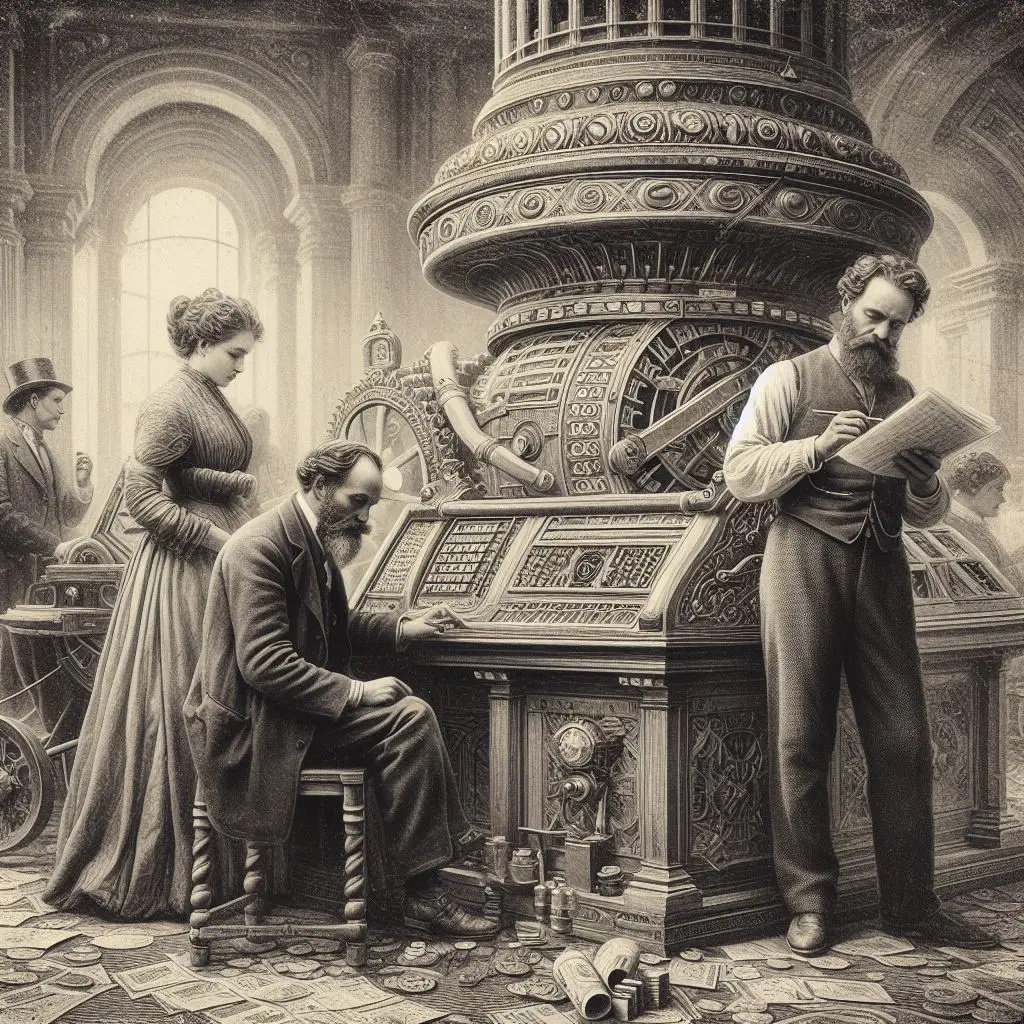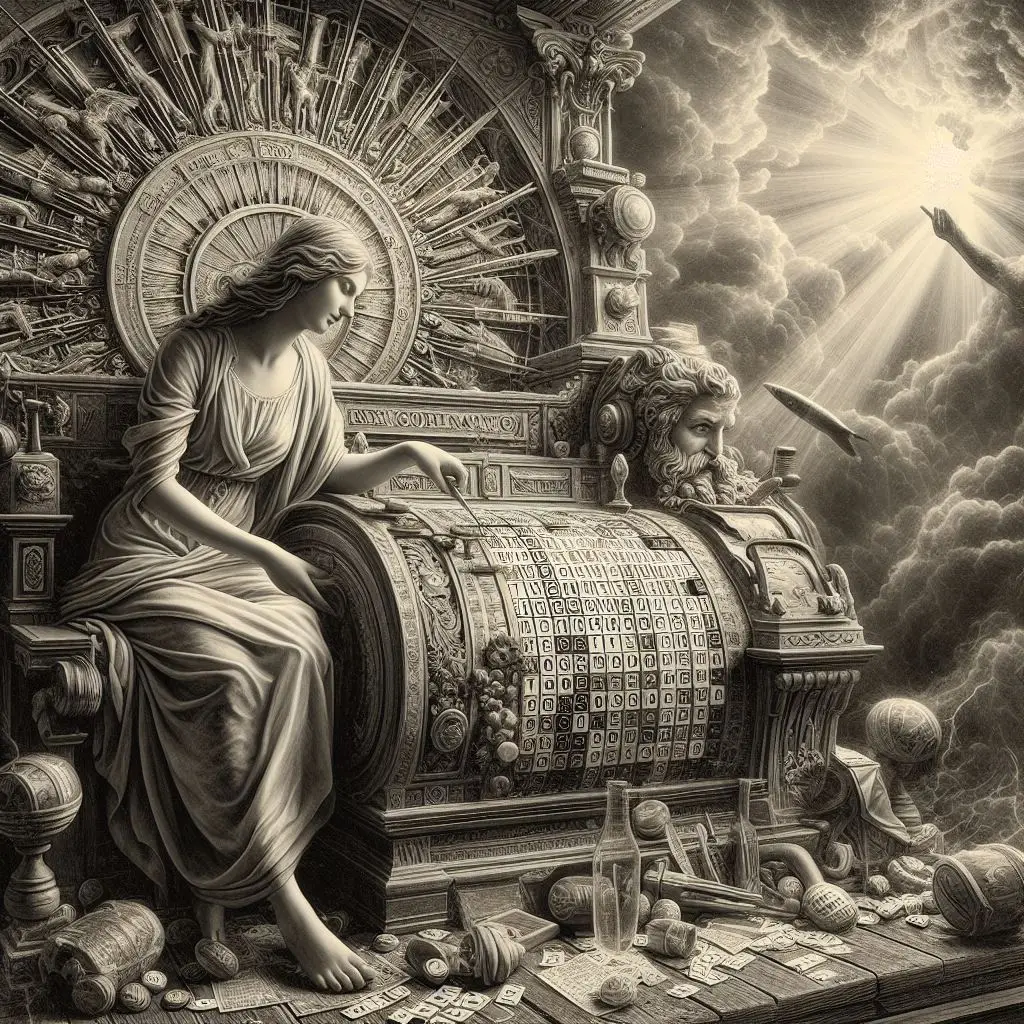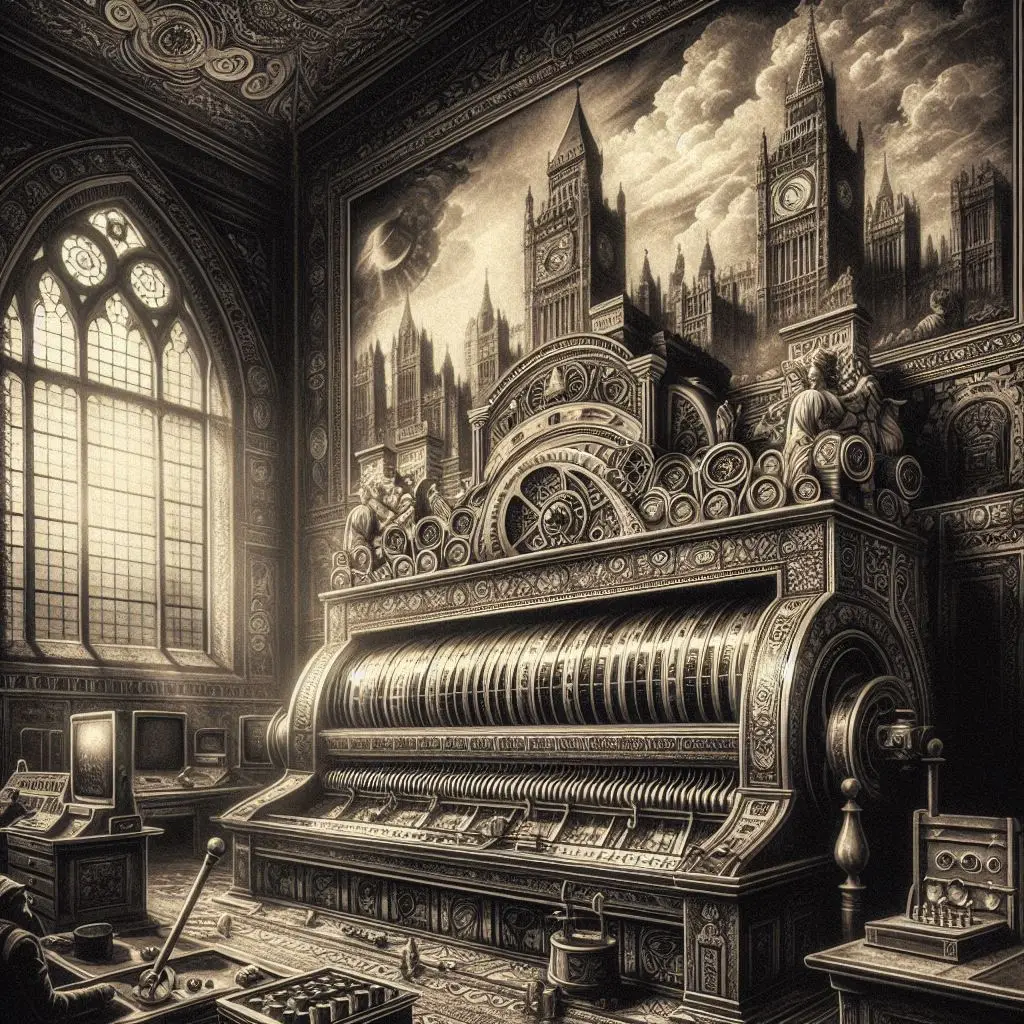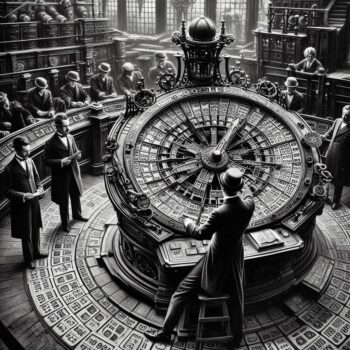Lottery games have been played for centuries, with records of their existence dating back to ancient China and Rome. The idea of winning big through luck and chance has always been an attractive prospect for many, and the evolution of lottery games over time has only made them more popular. In this article, we will delve into the history of lottery games and how they have developed into the games we know and love today.

Origins of Lottery Games
The earliest recorded lottery games can be traced back to ancient China, dating back to 205 and 187 BC during the Han Dynasty. These early lotteries are believed to have helped finance the construction of projects like the Great Wall of China. Players would select a set of numbers written on slips of paper, hoping their chosen numbers would match the winning selection.
Lottery Games in Europe
The history of European lotteries began in the 15th century, with towns in the Low Countries using them to raise funds for public projects like fortifications and aiding the poor. The first documented European lottery took place in Bruges, Belgium in 1446, and its success inspired other cities to follow suit.
During the Renaissance, lotteries became a popular way to fund artistic and architectural endeavors. Many iconic landmarks, such as Rome’s Trevi Fountain and Michelangelo’s Sistine Chapel, benefited from lottery proceeds. Monarchs also saw the potential of lotteries, using them to finance wars and colonization efforts. Queen Elizabeth I of England authorized a lottery in 1566, while King James I used them to fund settlements in America.

By the 18th century, lotteries had become more widespread, with many European countries establishing national lotteries. France launched its Royal Lottery in 1776, while the Netherlands established the Dutch State Lottery in 1726. The 19th century saw increased organization and regulation, with national lotteries offering larger and more extravagant prizes. The Spanish National Lottery, established in 1812, remains one of the oldest and most popular in Europe.
The 20th century brought further evolution, with the introduction of transnational lotteries like EuroMillions (launched in 2004) that offered even bigger jackpots across multiple European countries. Today, European lotteries are a well-established form of entertainment, attracting millions of players each week. Strict regulations ensure fairness and transparency, making them a multi-billion euro industry that continues to capture imaginations.
Lottery Games in America
The first recorded American lottery was held in 1744 in the state of Massachusetts, and it was used to finance the rebuilding of Faneuil Hall in Boston. Other colonies soon followed suit, with lotteries being held in New York, Pennsylvania, and Virginia.
During the 19th century, lotteries became more widespread and were used to fund a variety of projects, such as the construction of universities, churches, and public buildings. In 1823, the first state-sponsored lottery was held in New Hampshire, and other states soon began to establish their own lotteries.
However, as lotteries became more popular, concerns began to grow about their legality and morality. Many opponents of lotteries argued that they were a form of gambling and could lead to addiction and other social problems. As a result, many states began to outlaw lotteries in the mid-19th century.
Despite these concerns, lotteries continued to be popular throughout the 20th century. During the 1960s and 1970s, many states began to legalize lotteries once again as a way to generate revenue for public education and other programs.
Today, lotteries are legal in 45 states and the District of Columbia, and they generate billions of dollars in revenue each year. Some of the most popular American lotteries include the Powerball and Mega Millions, which offer large cash prizes and have become a part of the cultural fabric of the country.
While there have been controversies and debates over the morality and legality of lotteries, their popularity continues to endure. American lotteries have come a long way from their colonial origins, but they remain an important part of the country’s history and culture.

Modern Lottery Games
Today, lottery games are a huge industry, with millions of people around the world playing them every day. The games have evolved greatly over time, with many different variations available to players. Some of the most popular lottery games include Powerball and Mega Millions in the United States, EuroMillions in Europe, and the Australian Powerball in Australia.
The modern lottery games are also more sophisticated than their ancient counterparts, with computer systems and complex algorithms used to generate the winning numbers. This has made the games more fair and transparent, ensuring that players have an equal chance of winning.
Interesting Tidbits
- Famous Winners: Lottery history is filled with extraordinary stories. William “Bill” Post, a janitor, won the biggest jackpot in history at the time ($16.5 million) in 1980. Ivett Sanders, a single mother of nine, won $35 million in 2016, using the money to improve her family’s life.
- Unusual Prizes: Lotteries haven’t always been about cash. Early American lotteries offered livestock, land, and even slaves as prizes. In the 17th century, Queen Elizabeth I’s lottery offered tapestries and “guittar instruments.”
- Cultural Impact: Lotteries have captured the public imagination, inspiring works of literature and film. Charles Dickens’ novel “Oliver Twist” features a character who buys a lottery ticket, and the movie “The Lottery” explores the dark side of human nature in a fictional town that holds a chilling annual lottery.
- Controversies: The debate surrounding lotteries’ legality and morality continues. Critics argue they prey on the poor and can lead to gambling addiction, with concerns about excessive spending and wasted resources. Proponents see them as a form of harmless entertainment and a valuable source of revenue for public programs like education and infrastructure. The debate around the social impact of lotteries is likely to continue as these games remain a popular cultural phenomenon.
Conclusion
The history of lottery games is a long and fascinating one, with the games evolving over time to become the complex and sophisticated games we know today. From their humble origins in ancient China to their current status as a multi-billion dollar industry, lottery games have captivated people’s imaginations for centuries. Whether you’re playing for fun or hoping to strike it rich, lottery games offer a thrilling and exciting experience that is sure to keep you coming back for more.








